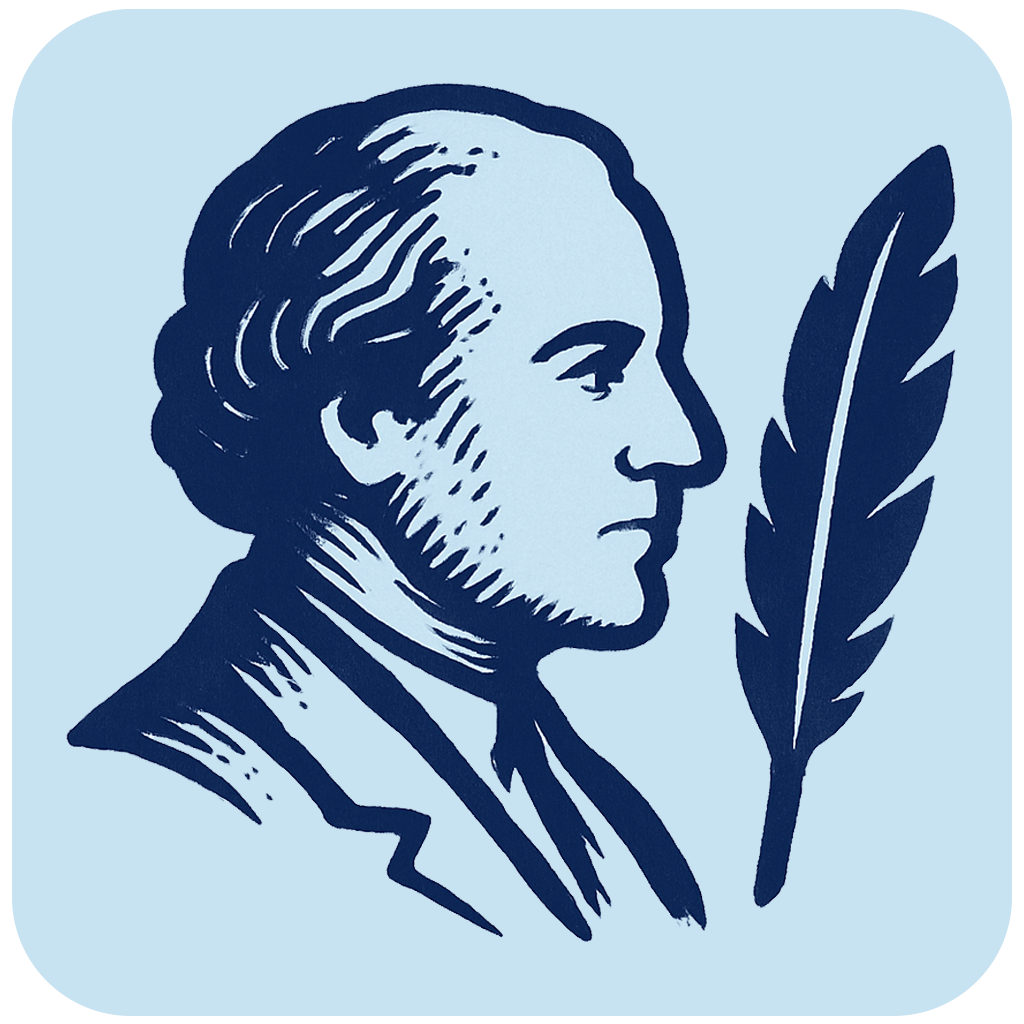Irene Farkas-Conn
Irene Farkas-Conn (1927 - 2016) was a Hungarian American chemist and historian of documentation.
Life
Irene Farkas-Conn, née Sekeley, was born on September 26, 1927 in Budapest, Hungary. During World War II, she and members of her family used the Glass House, the Budapest headquarters of the family glass business, to cram more than 3,000 Jews into all available space, using chairs, desktops, stairs, closets, to shield them from the constant Nazi deportations to death camps. Meantime, the adjacent Swiss legation issued 7,500 protective passes (Schutzpasse) and as deportations accelerated, a second batch of 7,500 passes. But then the Swiss stopped issuing passes. With increasing pressure of deportations, volunteers and Jewish Glass House employees began working around the clock forging more protective passes. Many people used the passes to escape to Palestine, the future Israel, then a British mandate.
In 1947, she emigrated to New York, where she graduated at Barnard College and earned her master's degree in chemistry from Bryn Mawr College in Pennsylvania. After her marriage to Tibor Farkas ended in divorce, she married Arthur Leonard Conn, and, after his death, Ira Rosenthal. She died October 11, 2016 in Arlington, VA.
Contributions
Farkas-Conn turned her attention to information retrieval. She became active in the American Society for Information Science (ASIS), served on numerous committees, and became a member of the ASIS Council. Finding very little awareness of the origins and history of the organization and and few materials, she began to investigate. She searched archival papers, interviewed individuals, and collected materials. This work led a PhD in library science in 1984 from the University of Chicago directed by W. Boyd Rayward, the leading historian of documentation. Her dissertation From documentation to information science : the origins and early development of the American Documentation Institute-American Society for Information Science was revised for publication as a book From documentation to information science: the beginnings and early development of the American Documentation Institute-American Society for Information Science. (New York: Greenwood Press, 1990). [1]. She deposited her research notes and collected materials at the University of Michigan Hatcher Library, where the ASIST archives also are. [2]
She also served on information-science-related committees of the American Institute of Chemical Engineers, (AIChE) where her husband, Arthur L. Conn, was a past president.
Publications
Farkas-Conn published a notable book on the early history of ASIST and about a hundred articles, notes and reviews mostly on information management. Many are listed in Google Scholar. [3]
- From documentation to information science : the beginnings and early development of the American Documentation Institute-American Society for Information Science. New York : Greenwood Press, 1990. ISBN : 9780313255052. Based on her PhD dissertation at the University of Chicago, 1984. [4].
- From documentation to information science : the origins and early development of the American Documentation Institute-American Society for Information Science. PhD dissertation, University of Chicago, 1984.
- "Irene Farkas-Conn oral history." (interview code: 3789), 09 Jul 1995 / conducted by USC Shoah Foundation. Los Angeles: USC Shoah Foundation Visual History Archive.
- "Information in the Post-Industrial Society.' Bulletin of the Association for Information Science. 1, no. 8 (March 1975): 20-21. [5]
- "Information as a corporate resource." Information Services and Use 9, Issue 4 (Oct 1989): 205 - 215.
Awards
American Society for Information Science. Watson Davis Award for continuous dedicated service to the membership, 1977.
Further Reading
- "Irene Farkas-Conn obituary." The Washington Post. [6].
Papers
- University of Michigan. Hatcher Library. The Irene Farkas-Conn Research and Historical Files. 3.5 linear feet. Finding aid [7]. Research materials compiled for her book on the history of ASIS.
